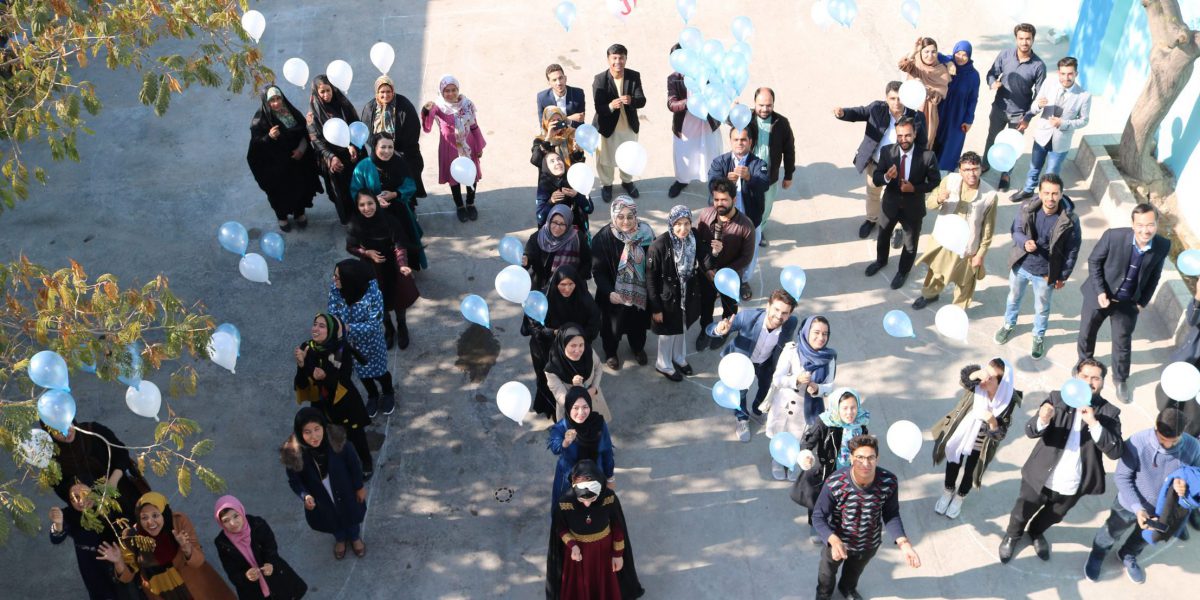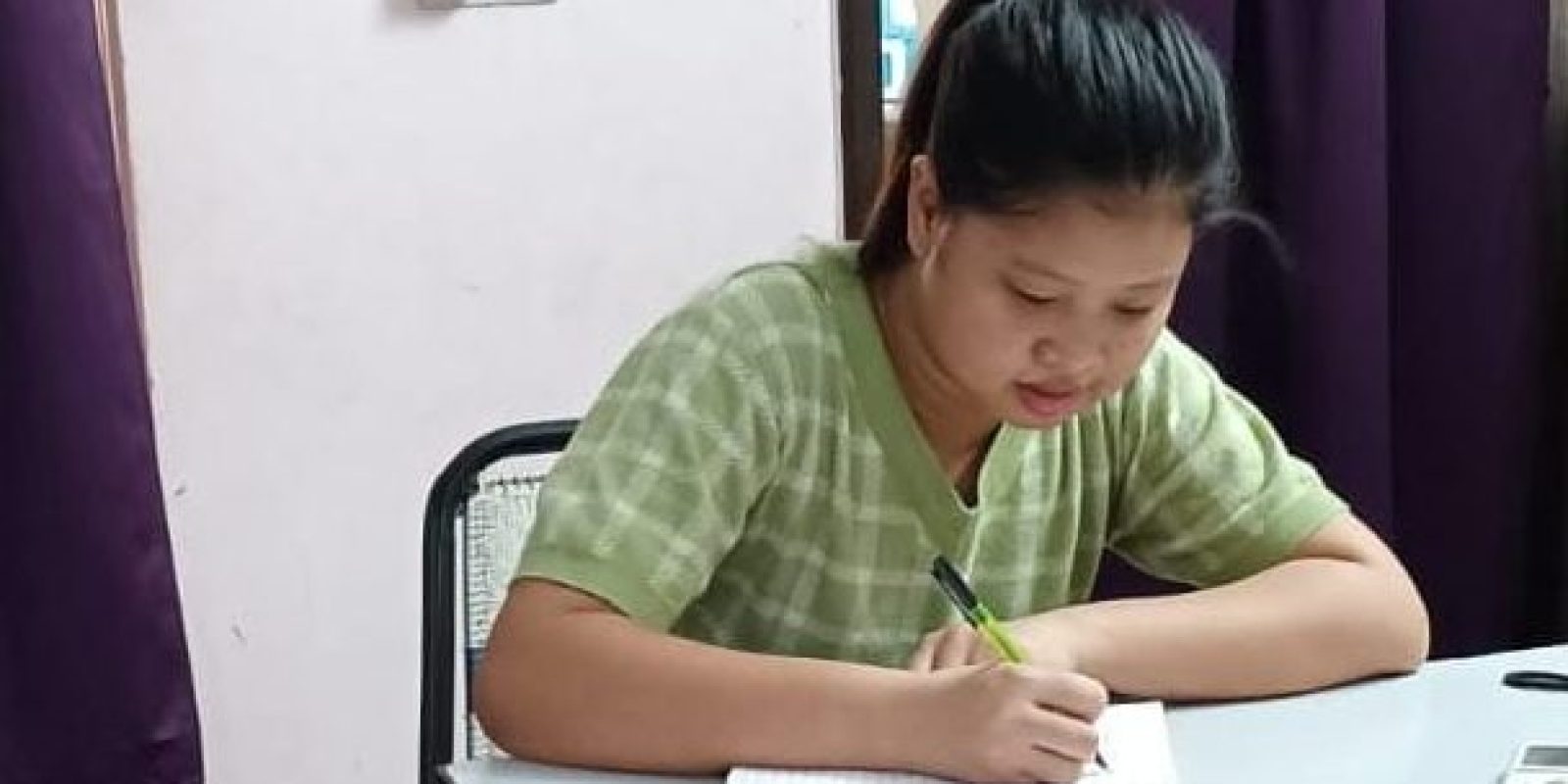Annual Report 2020
09 January 2026|Reports

The COVID-19 has caused immense economic and social disruptions worldwide. Amidst the pandemic and its adverse effects, JRS South Asia continued to coordinate its projects in
Afghanistan, India, and Bangladesh. JRS Afghanistan programs aim at supporting war-affected communities in Afghanistan for improving their access to quality education, promoting
skill-based learning, fostering reconciliation within communities, providing psychosocial support and, strengthening local leadership. While ensuring educational accompaniment through digital platform and radio broadcasting. JRS even walked an extra mile in addressing humanitarian crises which are particularly exposed to the effects of COVID-19.
In India, JRS strives to respond to emerging needs thrown up by new scenarios of displacement. Today, more than half of the world’s refugees live ‘invisibly’ in cities rather than in camps. India hosts refugee population exiled in both types of settlements; their social environment is detrimental to their wellbeing. JRS Urban Refugee project supports the most disadvantaged Chin and Afghan refugees settled in the peripheries of New Delhi through livelihood programs, computer and language skill training and peace education.
JRS Tamil Nadu project serves the Sri Lankan Tamil refugees in camps of Tamil Nadu through Complementary Education Centre’s (CEC), peacebuilding and reconciliation programs, livelihood trainings, psychosocial support, emergency aid and advocacy initiatives .To capacitate them for a self-reliant, dignified and peaceful future.
With its proximity to Myanmar, Bangladesh observes a high influx of Rohingya refugees fleeing religious and ethnic persecution. Today, about 602,400 Rohingyas live in makeshift overcrowded shelters in world’s largest refugee settlement in Cox’s Bazar. JRS – Caritas Bangladesh collaboration has supported the psychosocial wellbeing Rohingya children in camps through 11 Child-Friendly Spaces (CFS). However as deemed necessary, JRS now reaches out to a larger group of Rohingya people in distress by upgrading CFS into Multi-Purpose Child and Adolescent Centers (MCAC). The MCACs enables improvement in social, emotional, and cognitive wellbeing of the Rohingya children; resilience building of adolescents vulnerable against physical, social or mental exploitation, violence and discrimination and capacitate them in potential skills to address the children with heightened protection risks.

